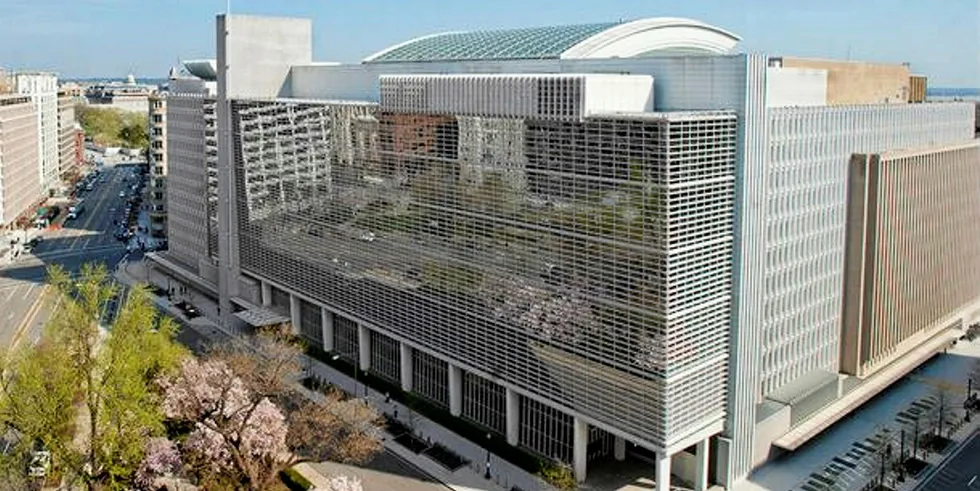World Bank continuing to invest heavily in oil and gas despite Paris deal: NGO
Global banking group has underwritten more than $12bn in mostly direct financing of fossil projects since 2015 agreement, Germany's Urgewald says

Global banking group has underwritten more than $12bn in mostly direct financing of fossil projects since 2015 agreement, Germany's Urgewald says
